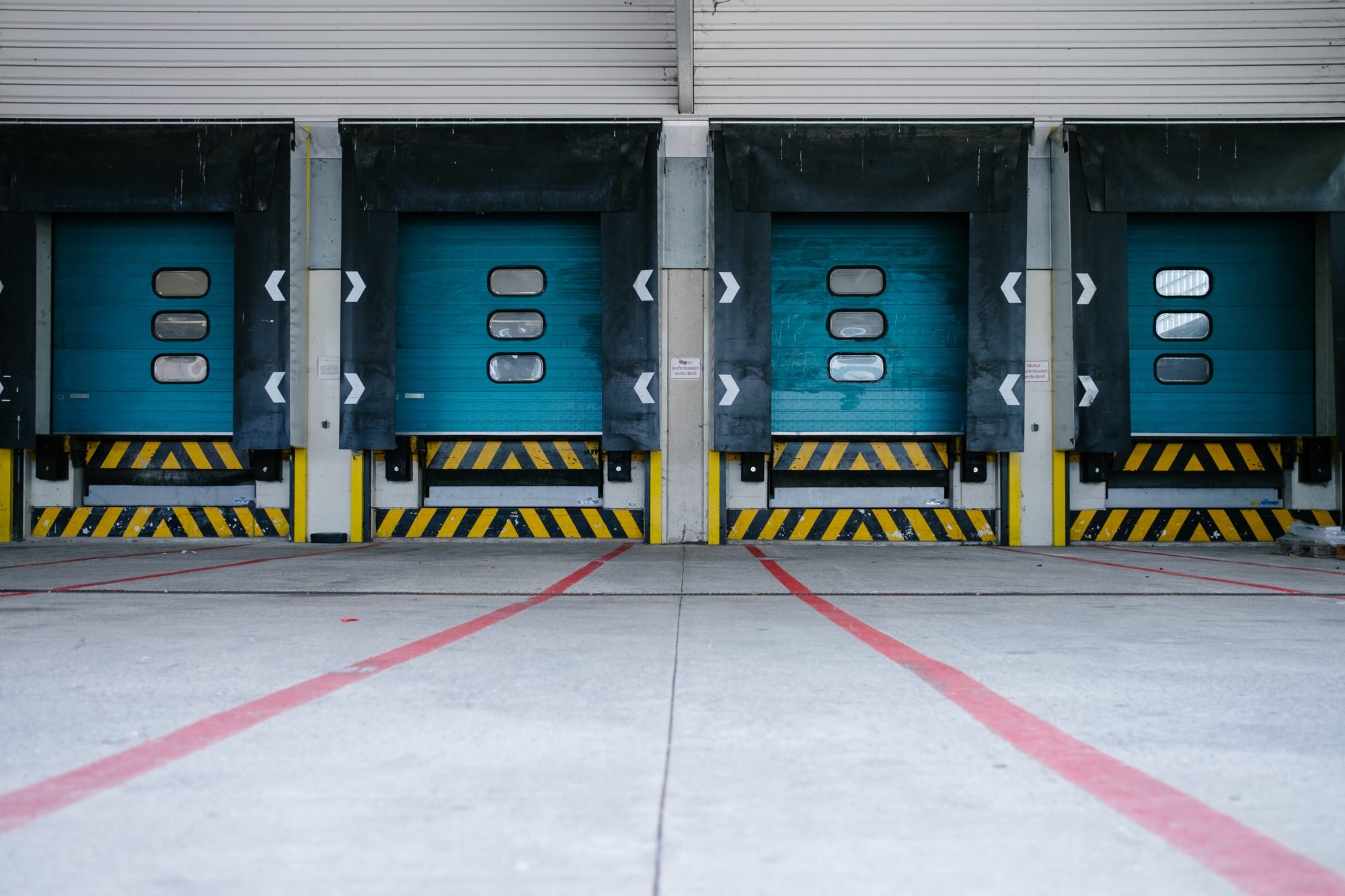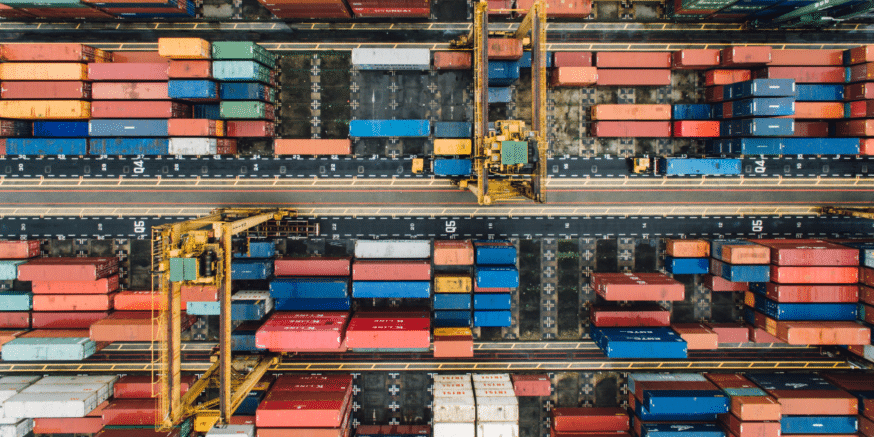Cryptocurrencies are fun, exciting, and easy to understand, so they’re getting the most coverage in the blockchain revolution. However, the underlying blockchain technology is already getting tested in dozens of industries, from agriculture to energy to art. Blockchain shipping and freight is another new development. It’s poised to change the entire chain of custody for how the goods we buy get from place to place.
Shipping and freight is an enormous and complex industry. Planes, trucks, boats, and trains cross the globe to deliver goods every day. However, of these, the boat industry is by far the biggest. Nearly 90% of everything we buy rides on a boat at some point. Thanks to shipping we have fresh produce in the middle of winter. Products manufactured in Bangladesh can sell on shelves in London. Shipping ties together and enables the global economy.
A blockchain shipping future could change several paradigms in the current industry. Blockchains could manage the complexity of a global trade network by establishing a single, transparent source of truth. From there, a blockchain shipping industry would encourage competition, efficiency, and fewer errors. This article looks at how shipping is poised for massive change.
Containerization Created a Protocol
Ask anyone in the shipping industry, and they’ll tell you about the important role containerization has played in how goods travel around the world. The shipping container is a common sight anywhere goods and services need to be transported. When the intermodal shipping container was standardized in the mid-20th century, it allowed the same containers to be transferred from truck to train to boat seamlessly, anywhere in the world.

Previously, containers came in many different sizes. They often had to be unpacked and repacked any time there was a transfer. With the invention of a standardized corrugated metal container, there was no need to unpack at each transfer point. Goods could easily be kept dry inside the containers. Also, these containers could stack atop one another for increased density.
The intermodal shipping container created a protocol for the shipping industry. The change was revolutionary. Shipping became much more efficient. Additionally, transfers between carriers became simpler and started to follow predictable procedures. It was easier to track a standard container than it was to keep track of a haphazard shipment.
Blockchain as a Protocol
The same level of disruption in the shipping industry could come from a new protocol. Like the shipping container, blockchain could make operations more efficient, standardize transfers, and allow senders and recipients to track their orders in real time. This makes it an exciting time for blockchain shipping. Blockchain stands to disrupt an industry that the world relies on.
Many of the major companies in shipping and freight have joined the Blockchain in Transport Alliance. The goal is to create standards for the new blockchain shipping industry. These companies have recognized blockchain’s potential and the viability of this use case in their industry. Expect blockchain to become an industry standard sooner rather than later, since its increases in efficiency are hard to ignore.
Tracking Shipments Transparently
One of the key components of the shipping industry is known as a Bill of Lading. This old-fashioned term refers to the agreement that stipulates what company is responsible for an item in transport at any given time. The Bill of Lading sets the terms for the transport and delivery of the item.
A blockchain shipping industry would rely on blockchain technology to keep a record of the Bill of Lading and a shipment’s transfer history. When a transport company signs for a shipment, accepting the shipment for further transport, it could be recorded to the blockchain. In a transparent system, that blockchain record is then available anywhere in the world. Someone awaiting the shipment could see information about which company is transporting the item at the moment and where they last signed for it.
[thrive_leads id=’5219′]
Identifying Issues More Quickly
When something goes wrong with a shipment, it can often take valuable time before the sender or recipient finds out about the problem. Often, shipping agreements can be complex. They may be bundled together or subcontracted to the point where the company currently in charge of the shipment doesn’t know anything about the person who paid for it or where it’s ultimately going. That means they don’t know who to notify in the event of a problem.
With a blockchain shipping solution, all parties could see the whole chain of custody. In the event of a problem, you could follow that chain to identify where things went wrong and send a replacement or order the return of the shipment while it’s still in transit.
Speed in Shipment Routes
Shipping route speed is another huge opportunity for decentralization and a blockchain shipping economy. Instead of taking inefficient routes while shipping companies try to fill up large shipments on their trunk lines, smaller companies could bid on legs of a journey. They could deliver your package more directly, instead of following the current hub and spoke model of delivery.

Blockchain shipping also opens up the possibility of a decentralized marketplace for shipments. Right now, starting a shipping company requires a lot of overhead and upfront costs. In a blockchain system, smaller operators will be able to bid on contracts for certain shipments. This introduces greater flexibility into the entire shipping industry.
Certifying Arrival, Condition, & Contents
One application where blockchain really shines is certification. It’s possible that blockchain, in combination with IoT, could power an automated service for certifying delivery, tamper protection, and the authenticity of a shipment’s contents. This type of certification means that you could be certain that a shipment will arrive once you’ve placed an order. Right now, you have to place implicit trust in the shipping company to deliver your package safely. In the blockchain shipping future, smart contracts could guarantee timely delivery or automatically refund you or send a replacement.
Conclusion
Shipping efficiency, trust, and safety could change dramatically. Blockchain shipping would mean greater transparency, competition, and assurance so that shipments make it to their final destinations. Don’t expect a hot startup to create this new industry standard. Instead, it will likely come from within the shipping industry as they create a standard for greater efficiency and a single source of truth.







